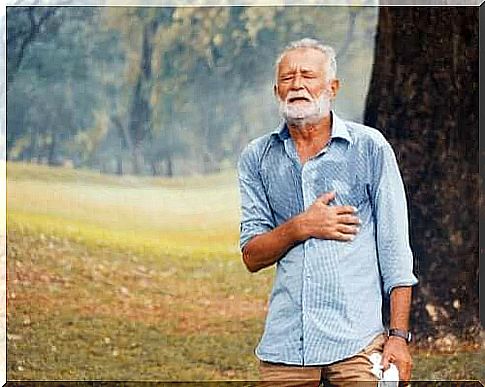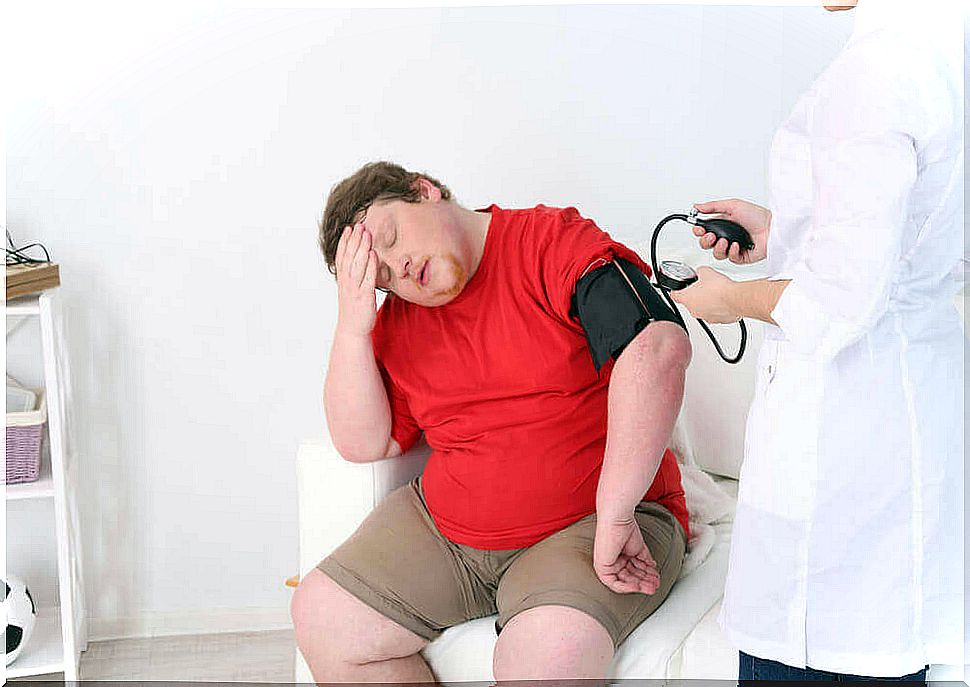People Most Vulnerable To Heat
High climatic temperatures produce more severe effects in some people. Indeed, there are individuals more vulnerable than others to heat because their organism, their activity or their health conditions limit their ability to cope with the climate.

Certain groups of the population are more vulnerable to heat. Whether it is because of the characteristics of their organism, or because of their specific health conditions. These people must be particularly attentive to their protection during the summer.
We should all apply the basic protective measures. For example, you have to wear suitable clothes, stay hydrated constantly and not be in the sun during the hottest hours. However, those most vulnerable to heat need to strengthen these measures.
Among the groups most vulnerable to high temperatures, we find:
- Children under 5
- People over 65
- Individuals who suffer from chronic diseases
- Those who perform outdoor physical activities
Now let’s take a look at each of these groups in detail.
Children are more vulnerable to heat

Children, and especially if they are very young, represent one of the populations most vulnerable to heat. Indeed, the bodies of the youngest lose their fluids more quickly. Hence, they reach the point of dehydration faster.
In addition, children also have a lower surface area / volume ratio than adults. This is why their bodies also generate heat more quickly. Therefore, they must be continuously monitored as temperatures rise. It is therefore necessary to protect them from the sun and limit their physical activity.
Added to this is the fact that children do not clearly perceive the first signs of dehydration, nor the effects of heat on their bodies. However, they are certainly more irritable and angry than usual.
Old people
Here is another population vulnerable to heat. This is because the body’s thermoregulatory center is located in the hypothalamus. This is a region of the brain that regulates the internal temperature of the body. In older people, this function works more slowly.
Older people also feel less thirsty. This therefore puts them at a greater risk of becoming dehydrated without realizing it. They must then be constantly reminded to drink in order to avoid this danger.
In addition, older people sweat less than younger people. They therefore tend to retain more body heat. If the environment is humid, sweating is even more inhibited and the risk of heat stroke is thus higher.
People with hypertension are more exposed to heat
Excessive heat dilates the arteries and promotes dehydration. These two factors have a negative impact in people who suffer from hypertension. Therefore, it is advisable to consult a doctor in order to adjust the medications in periods of heat.
Normally, heat lowers the voltage. The effect of traditional medicines sometimes leads to this decrease reaching an insufficient level. For this reason, it is important to have a health check in order to prevent unpleasant surprises.
Heart patients and obese people suffer more from heat

High temperatures also affect cardiovascular health. Obviously, this effect is more serious in people who already have poor cardiovascular health. Heart defects limit the body’s ability to eliminate heat from the body. Therefore, there is a risk of overloading.
On the other hand, heart patients usually take diuretic drugs. This leads to the constant elimination of water from the body and reduces the ability to sweat. These people are therefore relatively exposed to dehydration.
On the other hand, obese people also have great difficulty dissipating heat from their body. In general, when faced with high temperatures, they react by generating excessive perspiration. For the same reason, they lose fluids and minerals more easily and become dehydrated more often.
In addition, since overweight people have a greater volume of body fat, their temperature regulation is altered. They are therefore more likely to be victims of heat stroke.
Athletes and people who work outdoors
Those who engage in strenuous physical activity outdoors are of course more vulnerable to heat as well. Indeed, direct exposure to the sun increases the impact of high temperatures. Exposure and physical activity make them more vulnerable to the risk of dehydration.
It is therefore advisable to protect yourself properly and, as far as possible, limit activities during the hottest hours. Finally, it is necessary to constantly hydrate yourself by drinking twice as much fluid as usual.









